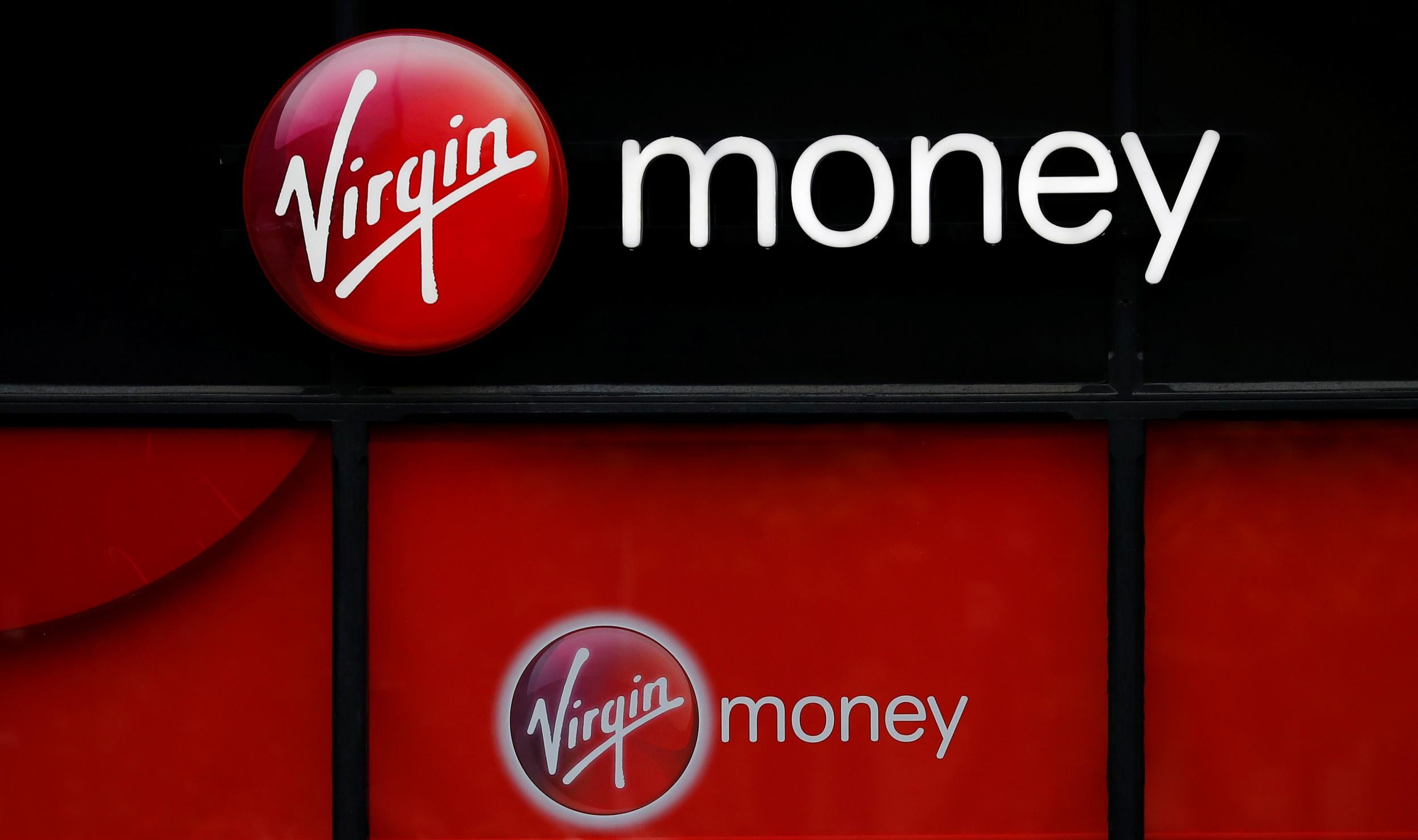Virgin Money and CYGB talking merger, but will customers benefit? The complaints data suggests not
The emergence of 'challenger banks' has not resulted in a significant fall in complaints, while Lloyds Banking Group has been increasing its margins. All the new competition we were promised following the financial crisis hasn't changed banking much

With one challenger bank (TSB) having fallen flat on its face, is another about to rise to take its place as the one most likely to take on the big four and get Britain’s long suffering consumers a better deal by injecting some much needed competitive vim into the market?
Step forward CYGB (Clydesdale and Yorkshire), with a £1.6bn all-share proposal to join forces with Sir Richard Branson’s Virgin Money and stick it to the (banking) man!
Analyst Ian Gordon said the latter looked very cheap a week ago, predicting that either the market or a bid would solve that problem. He now looks like a prophet.
The logic of putting them together is that it would create a much more effective challenger to the established order; a bigger, badder challenger than either individual bank could hope to become on their own, and one with more than 6 million customers and a balance sheet approaching £70bn.
The problems faced by TSB presents an opportunity for the two to show how it should be done. TSB’s reputation and brand have, you may recall, been trashed by an IT snafu, compounded by poor communication and a quite staggeringly bad appearance before the Treasury Committee by Paul Pester, the CEO, who managed to embody almost everything that’s bad about banking.
But will a CYBG-Virgin combination really change anything?
My own less-than-stellar experience as a customer is relevant here. I’ve had to make multiple complaints over the past few years (one was never resolved). What became clear while trying to get things done is that it wasn’t the bank’s people who were the problem – they were as sympathetic and helpful as they could be, something that isn’t always true of banks.
No, the problem was with the systems the bank’s bosses had given them to work with, systems that repeatedly prevented me from, for example, paying off a credit card. On another occasion I was told that to do X I’d have to go into a branch. Needless to say, they’ve been closing. My nearest one is miles away and not easily accessible with a mobility impairment.
The point I’m trying to make here is that in the wake of the financial crisis the government said it wanted to see more competition in Britain’s overly concentrated banking market to make things better for long suffering consumers.
Over the subsequent years genuinely new entrants emerged: TSB was spun out of Lloyds; Virgin Money bought up the good parts of Northern Rock from the Government; CYGB was cut loose by its Australian owners, Metrobank; and Atom, the smartphone app-based bank, was launched.
All that lovely competition, and yet the complaints data from the Financial Conduct Authority suggest that my experience is far from uncommon.
There is no sign of an downward trend in the overall numbers lodged, if you exclude the ongoing bugbear that is the PPI scandal. Meanwhile Lloyds, the behemoth of retail banking, has been noticeably improving its margins.
Competition was supposed to make that harder to do too.
Shares in both CYGB and Virgin Money rose on the news of their discussions (rare in merger situations).
If a deal can be thrashed out there may be benefits to be had for investors in both banks.
But whether that will also prove true for consumers, who saw billions of their tax pounds injected into the industry to prop it up, is open to debate.
A look over what has happened since the crisis suggests that while today’s banks are more digitally savvy than they were, they still don’t treat the consumer any better.
Join our commenting forum
Join thought-provoking conversations, follow other Independent readers and see their replies
Comments
Bookmark popover
Removed from bookmarks